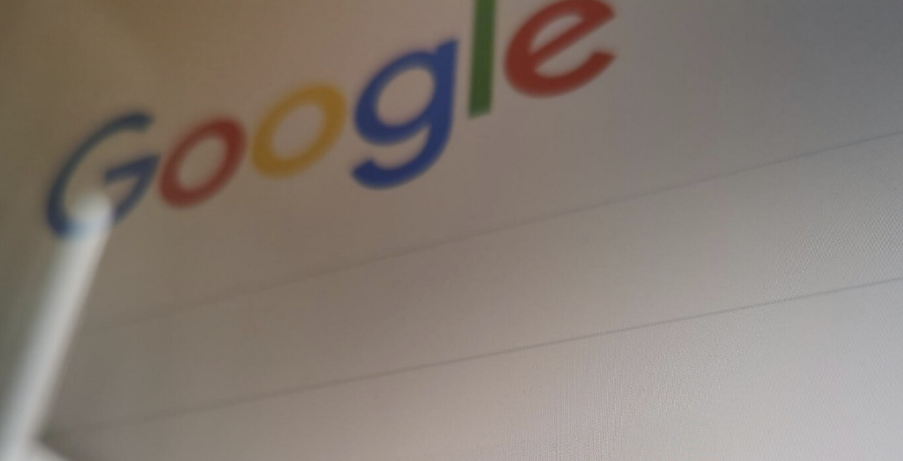
November 1998. The domain google.stanford.edu showed on the screen a search engine with letters that seemed to be made of colored balloons. Sergey Brin and Larry Page’s search engine began its steps, and it did so with a curious button on its lower right: ‘ I’m feeling lucky’.
That button has been with us for the last 25 years, but since its original conception, a lot has changed in a search engine that has made ‘I’m going to be lucky’ irrelevant. Very few people use it and Google loses money on it, so why are they still using it?
A button from when Google was cool
The original idea of the ‘I’m going to be lucky’ button was as cute as the whole image that Google Projects conveyed to us. It was a time of betas that didn’t seem like betas because of how good they were. From free services that seemed like an April Fool’s joke like Gmail.
Google did everything right. There were only loves. The hate would come later. And among his buenrollistas ideas was that button that had the objective of taking us to the first search result without going through the results page.
That button had a halo of hope that everything could go well. Even the searches of an engine that at that time was beginning to take its steps and did so without second thoughts. No (barely) advertising. One was quite confident that what Google was showing was the best that the internet could show us, something that is no longer clear at all.
That button soon ended up staying in a curious background. Marissa Mayer stated in 2007 that only 1% of searches ended up going through that button, and internal analysis also revealed then that the ‘I’m going to be lucky’ button was costing the company more than 100 million dollars a year: logical when using it they did not show the results page and the advertising associated with that page.
Why then keep it? Some argue that the feature remains a relic of bygone times, especially after the introduction of ‘Instant Search’ —later abandoned— and the Knowledge Graph. You know the option that has turned Google into the oracle that makes it seem like we don’t need (much) those who give the answers to our questions. You no longer need to leave Google.
The ‘I’m going to get lucky’ button can even seem threatening. “Am I going to trust a random result chosen by Google?” Things certainly take on interesting overtones when the undersigned has just asked the question “Where do we come from?” in the search engine What did the ‘I’m going to be lucky’ button reply to me? Go to Amazon and buy me a sex education book for adults and children with the same title. Argh.
The button is now considered with other connotations. It is as if Google wanted to keep cool when the button is the ultimate expression of the manipulation of the results. Considering how much Google controls search, thinking of this button maintaining its original innocence seems difficult.
A team of researchers from Queens University in Canada went further. In 2008 they published a study entitled ‘ The I’m going to be lucky syndrome ‘, and in it, they explained how this syndrome was defined by the belief that a search could be answered on a single website. As if Google wanted to offer us that feeling that we are under control.
We are not.

Sharlene Meriel is an avid gamer with a knack for technology. He has been writing about the latest technologies for the past 5 years. His contribution in technology journalism has been noteworthy. He is also a day trader with interest in the Forex market.











